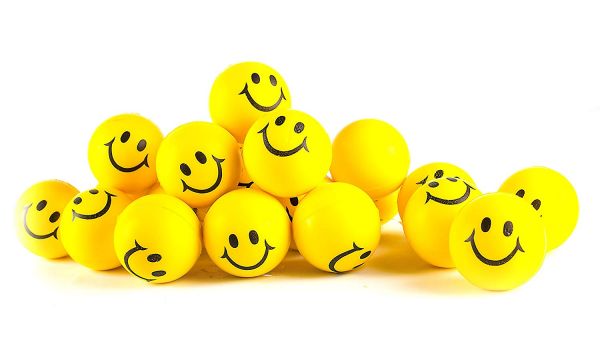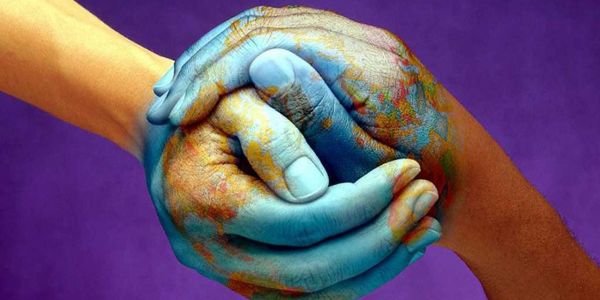If anything, it appears that there is a relationship between non-materialism and well-being. While possessing wealth and material goods doesn’t lead to happiness, giving them away actually does. Generosity is strongly associated with well-being. For example, studies of people who practise volunteering have shown that they have better psychological and mental health and increased longevity. The benefits of volunteering have been found to be greater than taking up exercise, or attending religious services – in fact, even greater than giving up smoking.
Another study found that, when people were given a sum of money, they gained more well-being if they spent it on other people, or gave it away, rather than spending it on themselves. This sense of well-being is more than just feeling good about ourselves – it comes from a powerful sense of connection to others, an empathic and compassionate transcendence of separateness, and of our own self-centredness.
In fact, paradoxically, another study has shown that this is one way in which money actually can bring happiness: if you give away the money you earn. This research – by Dunn, Gilbert and Wilson – also showed that money is more likely to bring happiness is you spend it on experiences, rather than material goods. (1) Another study (by Joseph Chancellor and Sonja Lyubomirsky) has suggested that consciously living a lifestyle of ‘strategic under-consumption’ (or thrift) can also lead to well-being.
So if you really want enhance your well-being – and as long as your basic material needs are satisfied – don’t try to accumulate money in your bank account, and don’t treat yourself to material goods you don’t really need. Be more generous and altruistic – increase the amount of money you give to people in need, give more of your time to volunteering, or spend more time helping other people, or behaving more kindly to everyone around you. Ignore the ‘happiness means consumption’ messages we’re bombarded with by the media.
A lifestyle of generosity and under-consumption may not suit the needs of economists and politicians — but it will certainly make us happier.
We would do well to heed the words of the American Indian, Ohiyesa, speaking of his Sioux people:
‘It was our belief that the love of possessions is a weakness to be overcome. Its appeal is to the material part, and if allowed its way, it will in time disturb one’s spiritual balance. Therefore, children must early learn the beauty of generosity. They are taught to give what they prize most, that they may taste the happiness of giving.’



